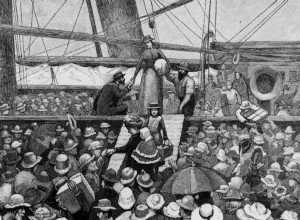When you think of people from New Zealand, what do you envision? White people? Maybe semi-British, semi-Australian sounding people? Maybe a famous person from a movie youve seen or love? Thats exactly what I used to imagine in my mind. And because of colonialism and globalization, its almost exactly




